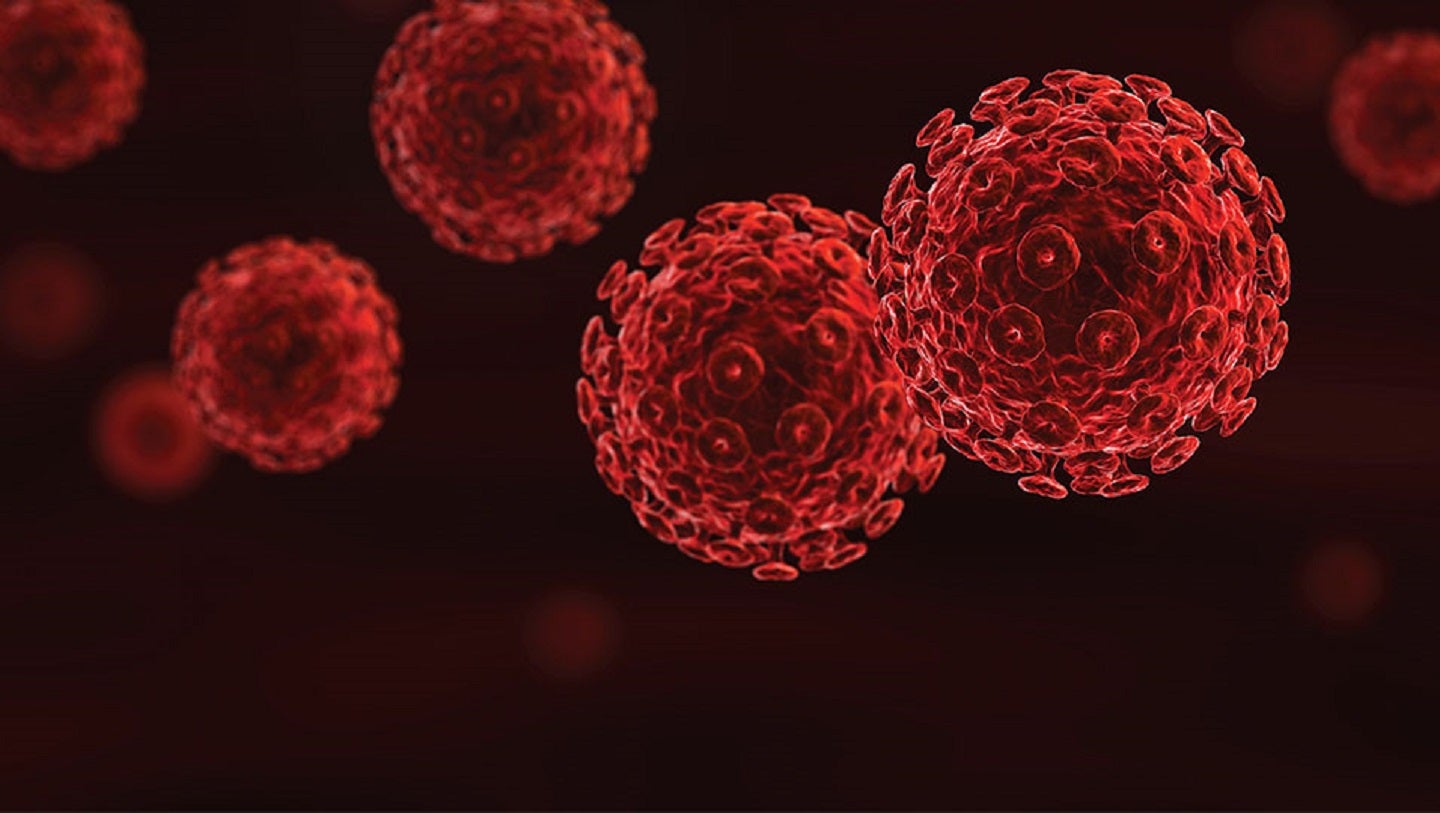

Researchers at UC Davis Health have dosed the second subject in a Phase I/II trial evaluating LVgp120duoCAR T cells for the treatment of HIV.
The first-in-human, open-label trial uses a patient’s own white blood cells, known as T-cells, and modifies them to recognise and target HIV cells to control the virus with no medication.

Discover B2B Marketing That Performs
Combine business intelligence and editorial excellence to reach engaged professionals across 36 leading media platforms.
In August last year, the first subject of the trial was dosed with anti-HIV duoCAR T cells at UC Davis Medical Center in the US.
The trial’s co-investigator and UC Davis Health internal medicine, haematology and oncology professor Mehrdad Abedi said: “We have reached an important milestone with the dosing of the second participant in our clinical trial evaluating a potentially groundbreaking CAR T-cell therapy to cure HIV.
“So far, there have been no adverse events observed that were related to the treatment and the two participants are doing fine.”
In the dose-escalating stage of the Phase I/II trial, three cohorts with three participants each will be included.

US Tariffs are shifting - will you react or anticipate?
Don’t let policy changes catch you off guard. Stay proactive with real-time data and expert analysis.
By GlobalDataA further nine subjects could be included in the expansion cohort of the trial, increasing the total number of participants to 18.
Each cohort will be treated with different treatment options and dosing.
The researchers will finalise the dose escalation phase after at least three participants complete the 45 days safety-evaluation period at a specific dose level.
Subjects, who have dose-limiting adverse events, will resume antiretroviral therapy (ART).
The trial is enrolling HIV-positive patients aged over 18 with an undetectable HIV viral load for 12 months.
Patients who have been on non-stop ART for at least 12 months are also included in the trial.
The California Institute for Regenerative Medicine has provided a grant to the study, which is sponsored by Caring Cross.
Cell & Gene therapy coverage on Clinical Trials Arena is supported by Cytiva.
Editorial content is independently produced and follows the highest standards of journalistic integrity. Topic sponsors are not involved in the creation of editorial content.

